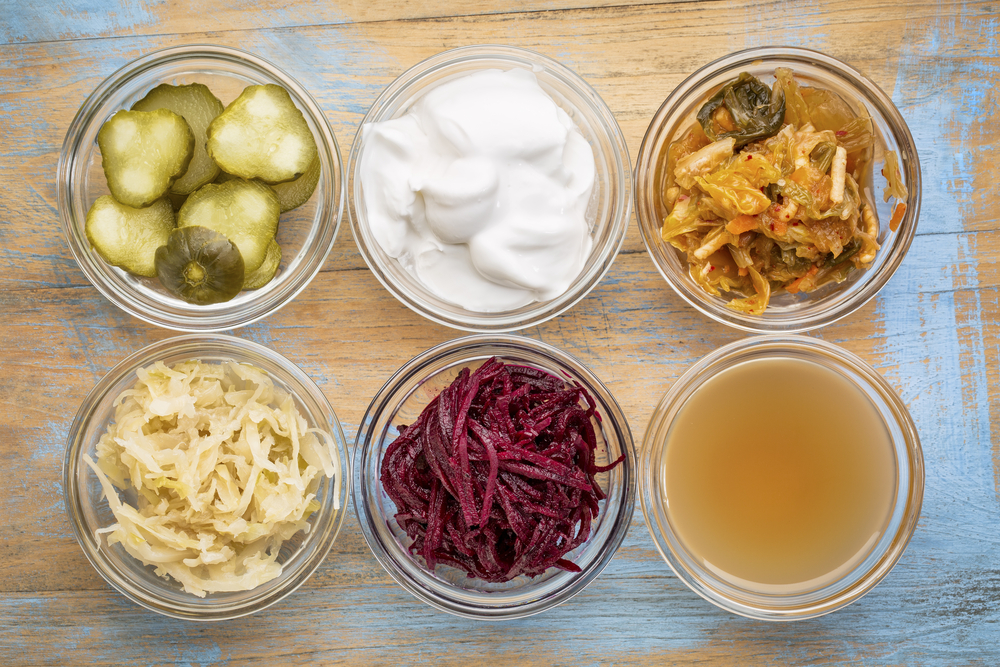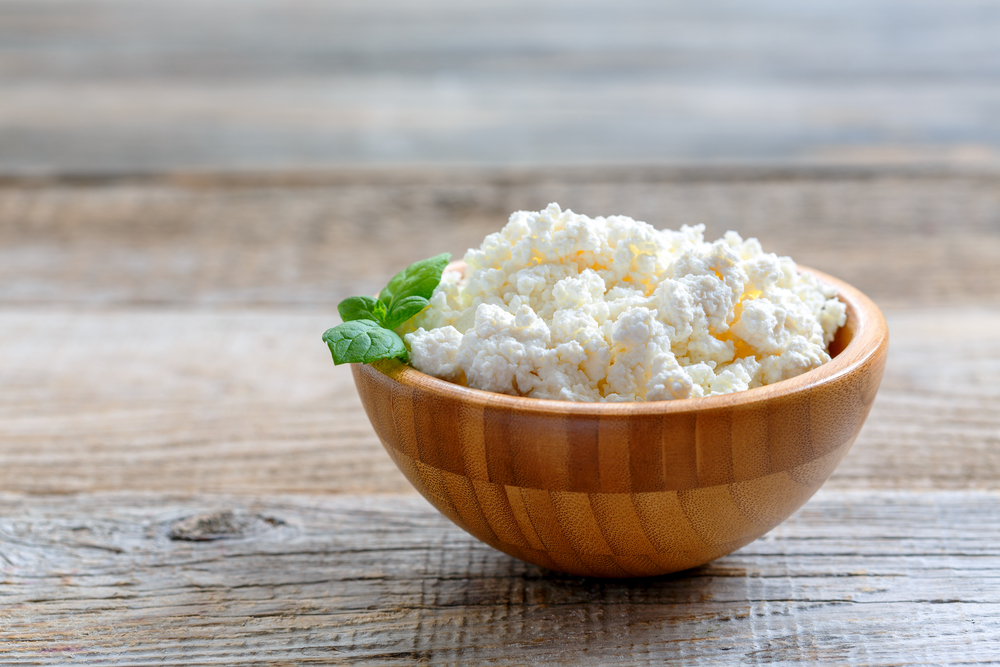MILK THISTLE COULD HELP METABOLIC SYNDROME

Milk thistle (Silybum marianum) has been used for centuries as a traditional herbal remedy for liver problems. Now a recent review[i] shows its main ingredient, a plant chemical called silymarin, can potentially have a therapeutic effect on metabolic syndrome. This is a complex mixture of insulin resistance, high blood pressure, obesity and unbalanced blood fats and a forerunner of type 2 diabetes and heart disease. The reason? Milk thistle has antioxidant, anti-inflammatory and liver-cell regenerating properties.
GET BRIGHT FOR BLUE MONDAY

Turn Blue Monday on January 21st – allegedly the most depressing day of the year – into Blooming Monday. Mental Health Research UK is asking us to show our support by ditching the greys and blacks and wearing your brightest clothes to work – and to eat lots of cake! Visit their website to find out more.
FERMENTED PRODUCTS COULD HELP LOWER THE RISK OF HEART DISEASE

Eating plenty of fermented dairy products including cheese, yoghurt, quark, kefir and sour milk can lower the risk of coronary heart disease – at least in men according to a recent study from the University of Eastern Finland[ii]. It’s not known why, but the thinking is the positive effects may be linked to compounds formed during the fermentation process.
LATE NIGHT PROTEIN SNACKS SUPPORT HEALTH

Late night snackers listen to this: eating around 30g of protein, such as cottage cheese, half an hour before bedtime has been shown to have a positive effect on metabolism, muscle quality and overall health without piling on the pounds suggests a recent study by Florida State University[iii].
For the small study, the US scientists asked 10 active women in their 20s to eat 30g of cottage cheese two hours after their dinner and 30 to 60 minutes before going to bed.
When they woke between 5am and 8am, the amount of energy burned during their sleep was similar to when they were given a casein protein shake to drink before bed.
[i] https://www.ncbi.nlm.nih.gov/pubmed/30015401
[ii] www.sciencedaily.com/releases/2018/10/181030102828.htm
[iii] Samantha M. Leyh, Brandon D. Willingham, Daniel A. Baur, Lynn B. Panton, Michael J. Ormsbee. Pre-sleep protein in casein supplement or whole-food form has no impact on resting energy expenditure or hunger in women. British Journal of Nutrition, 2018; 120 (9): 988 DOI: 10.1017/S0007114518002416






















Add comment